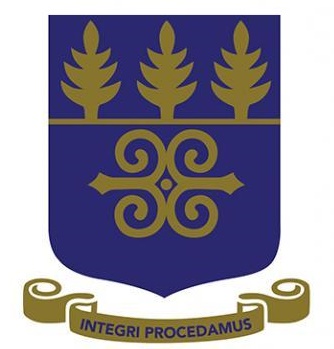Computer Engineering deals with the process of analysing and designing all hardware, software and operating systems for computer systems. Computer Engineering fuses the disciplines of Computer Science and Electrical Engineering for a more integrative study and application. However the terms Computer Engineering and Computer Science differ in certain aspects. In simplest terms, whereas Computer Science focuses on the software aspect of computers, Computer Engineering looks at the design and build of computer hardware. Computer Engineers thus research, design, develop, test, and oversee the manufacture and installation of computer hardware. This includes computer chips, circuit boards, computer systems, and related equipment such as keyboards, routers and printers.
AIMS AND OBJECTIVES
At the end of the programme, students are expected to:
- Be able to identify, formulate, and solve computer engineering technology problems, including the specification, design, implementation, and operation of systems and components, that meet performance and quality requirements.
- Be able to design, fabricate and test systems containing hardware and software components; as well as to analyse and interpret test results in order to improve the system.
- Be able to apply mathematics including differential and integral calculus, probability, and discrete mathematics to hardware and software problems.
- Be able to apply creativity in the design of systems, components or processes appropriate to programme or objective.
- Demonstrate an appreciation for professional, ethical and social responsibilities.
INDUSTRY/GLOBAL TRENDS
Computers are indispensable to any modern society as reflected in the diversity of its applications to advance society. The Computer Industry is therefore constantly growing and changing due to the rapid pace of technological advancements. This has created huge expectations for the development of faster hardware components, new communication systems and software. To stay on top of these developments, Computer Engineers collaborate with hardware and software manufacturers and vendors to advance existing knowledge. Many Computer Engineers especially in developing countries are expending efforts at creating the much-talked about ICT/Knowledge driveneconomies.
ASSESSMENT
Students are assessed through a combination of assignments, examinations and projects.
TUITION
Class discussion, Note dictation, Practical Sessions.
CAREER PROSPECTS
Graduates of Computer Engineering work in a range of career opportunities in hardware and computer system design, computer networks, software engineering, data communications, multimedia processing and internet and information technology. These opportunities may be found in service organisations such as banks, airlines and public utilities; commercial organisations, and the manufacturing sector.

